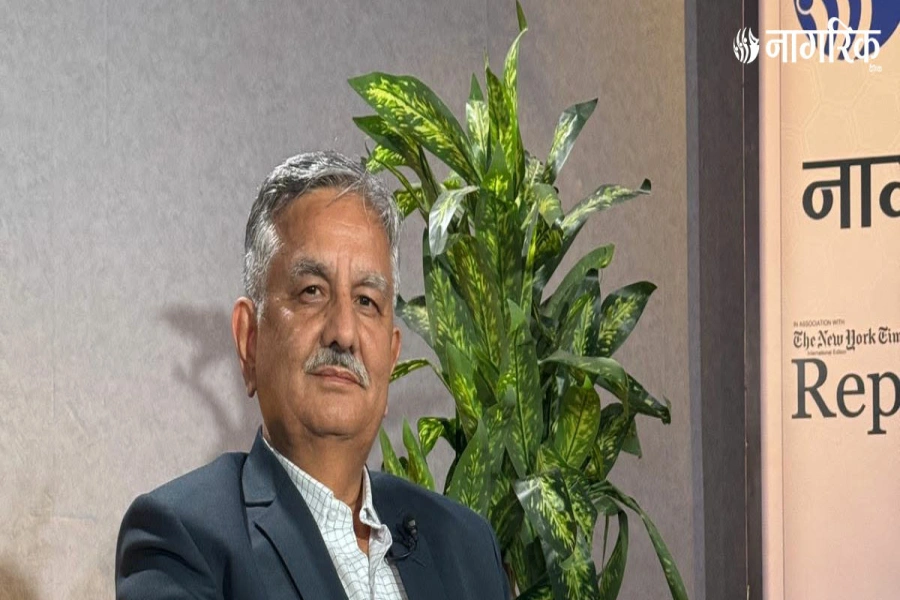KATHMANDU, Dec 23: Nepal’s export earnings bounced back with a 38-month high increment, as the figure rose 16.54 percent in the first five months of the current fiscal year (FY) compared to the export earnings in the corresponding period of last FY.
Between mid-July and mid-December this year, the country exported goods worth Rs 73.65 billion, a jump from Rs 63.20 billion in the corresponding period of FY 2023/24. Likewise, the country’s imports also surged by 3 percent to Rs 661.48 billion, show the records of the Department of Customs (DoC).
For the past few years, Nepal has been facing economic slowdown along with a notable decline in both imports and exports. However, an increase in the figure of foreign trade shows a nominal improvement of economic activities in the country, according to analysts.
Export earnings from edible oils plunged to one-third in FY 202...

Until October this year, the country’s export growth stood at a negative 6 percent. In the past two months, however, the figure showed a significant growth, mainly due to the soaring export of edible oils from the country.
The notable rise in the country’s total exports can be attributed to the significant growth in export of refined edible oil. According to the DoC, Nepal earned Rs 12.19 billion from the export of soybean oil, sunflower oil and palm oil during the review period.
Nepal made a good deal of export earnings out of these three edible oils to India for around four years until FY 2021/22, when the exported amount was Rs 93.69 billion. However, the figure dropped to Rs 29.42 billion in 2022/23, while it had been in declining trend thereafter.
Earlier, taking advantage of a clause in the South Asian Free Trade Area (SAFTA), Nepali traders used to export these oils to India. As the SAFTA agreement provisions zero tariffs on goods exported from underdeveloped countries, Nepali traders had been importing crude palm oil from other countries paying minimum tariffs and then exporting the finished product to India with zero tariffs. India provides this facility to the Nepali products that have at least 30 percent value addition inside the country.
After the southern neighbor reduced the import duty on raw materials of these edible oils imported from third countries, export from Nepal witnessed a sharp decline in the past two years. Kumud Kumar Dugad, president of the Nepal Rice, Oil and Pulses Industries Association, explained that the exports of edible oils started to peak again after India hiked the tariff on the raw materials imported from the third countries.
Nepal imports raw soybeans from India, Cyprus, Italy, Turkey and Ukraine. Likewise, crude palm oil is imported from Malaysia, Thailand and Indonesia. Romania, Italy and Ukraine are the source countries that supply raw materials of sunflower oil. The products are processed in Nepal and then subsequently exported to the southern neighbor.
According to the DoC, Nepal exported tea and coffee worth Rs 6.77 billion in the first five months of the current FY. Similarly, handmade staple fiber of Rs 5.69 billion, woolen carpet of Rs 5.48 billion, iron and steel of Rs 5.08 billion and wooden products of Rs 3.84 billion were exported from the country in the review period.














-1200x560-1764836409.webp)





















